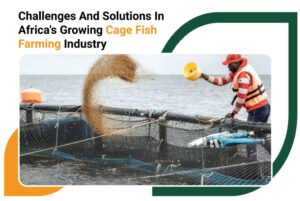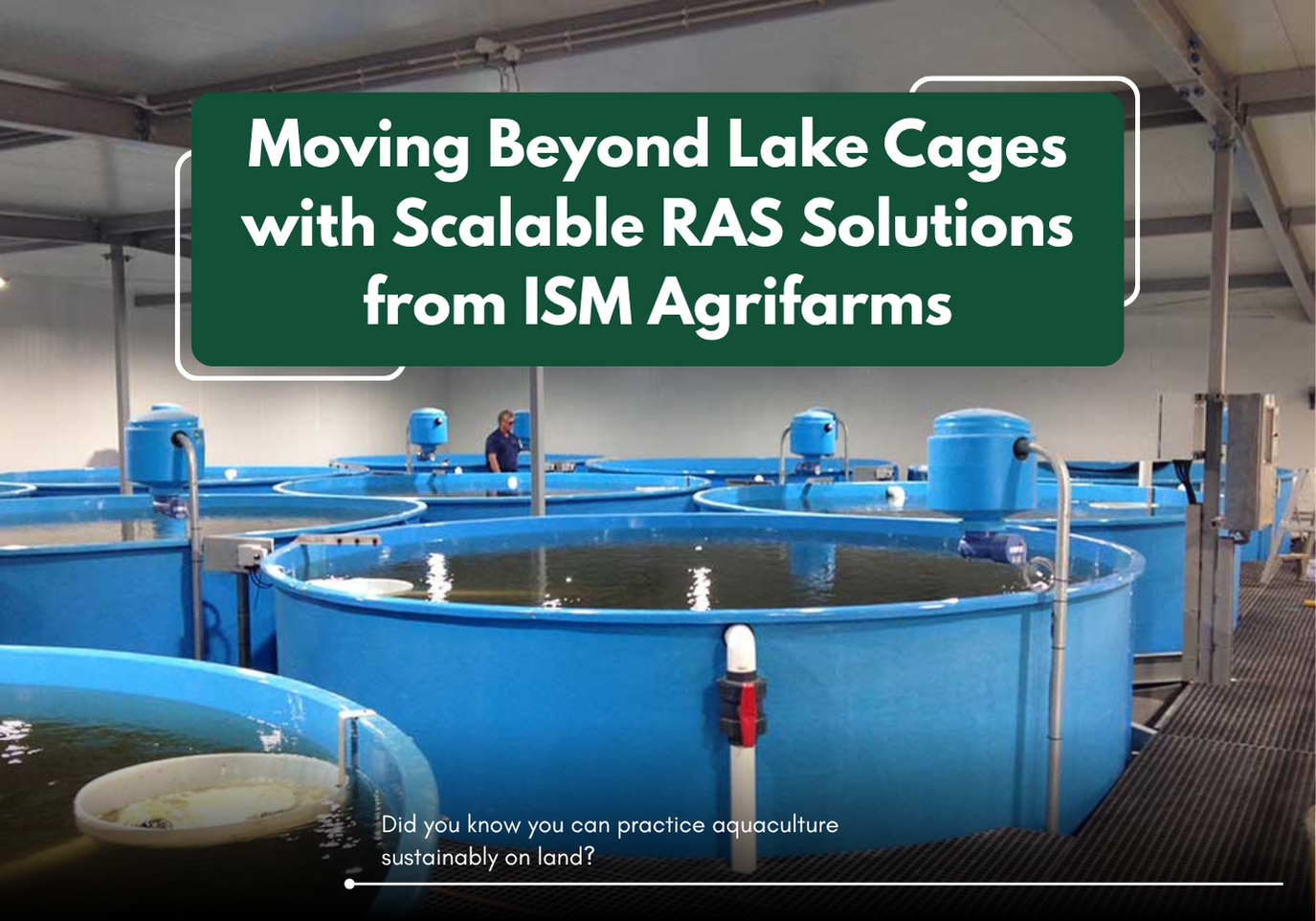Africa’s burgeoning cage fish farming industry faces various challenges and innovative solutions as it seeks to meet the rising demand for fish in the region. One significant challenge is the occurrence of upwelling, a natural phenomenon that depletes dissolved oxygen in water, causing fish mortality. Thousands of fish were recently killed in Africa’s largest lake due to upwelling, leaving farmers devastated. Some suspect factors like increased algae levels or pollution might have contributed to these events.
Cage aquaculture, which involves raising fish in net cages, has rapidly expanded in sub-Saharan Africa due to declining wild fish stocks and increased fish demand. The number of cages in the region grew from just nine in 2006 to over 20,000 in 2019, according to a study in Nature Food. In East Africa, the industry tripled in size between 2017 and 2021.
One of the key challenges faced by cage fish farmers is predicting and mitigating upwelling events. High-tech solutions have emerged to address this issue. Companies like Yalelo Zambia and Victory Farms rely on technology to monitor dissolved oxygen, pH values, and ammonia content in the water. By detecting early signs of upwelling, they can adjust stocking densities to prevent fish mortality.
Victory Farms, Kenya’s largest caged fish producer, has accumulated seven years of data, enabling them to assess the risk of upwelling accurately. In high-risk situations, they adjust feeding and fish handling to minimize stress and losses. Furthermore, they have developed innovative technology, such as a mobile incubation system, to enhance the transportation of live fish eggs.

AquaRech, a company in Kenya, is working on a system to monitor water temperature, helping farmers optimize feeding and digestion. Such innovations aim to professionalize the industry and make it more productive.
However, concerns persist about the environmental impact of cage fish farming. Uneaten feed and fish waste accumulating beneath the cages can affect water quality. Responsible cage placement in deeper waters with adequate circulation is essential to mitigate these concerns.
Source: bbc.com
Despite the challenges, the growing cage fish farming industry in Africa presents opportunities for investment. ISM Agrifarms offers Recirculating Aquaculture Systems (RAS) as a sustainable alternative to cage systems. RAS systems are less susceptible to natural disasters, better control water quality, and offer efficiency benefits, making them an attractive option for investors.
If you are interested in investing in RAS systems, ISM Agrifarms provides customized solutions with experienced engineers and technicians to assist with design, construction, and operation. Various financing options are available to help you get started.
Visit our website or contact us at 0797968817 or via email at sharon.ngeno@ismagrifarms.com to explore investment opportunities in the growing African cage fish farming industry.




